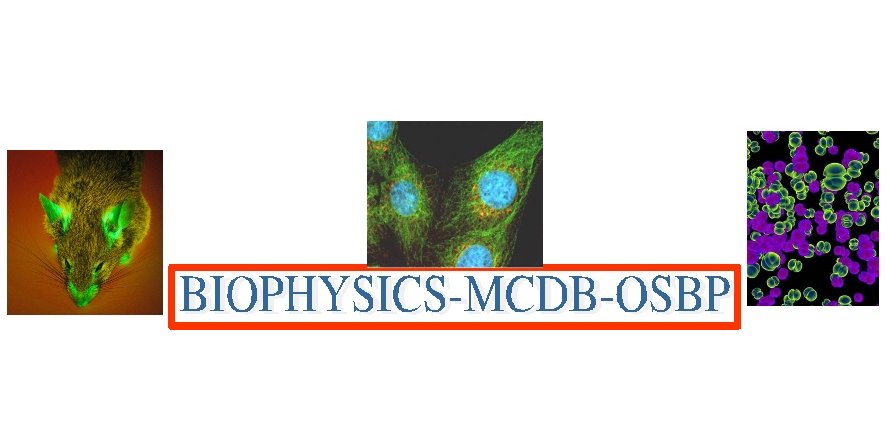Interdisciplinary Graduate Programs Symposium

2012 OSU Molecular Life Sciences
Interdisciplinary Graduate Programs Symposium

Talk abstracts
Abstract:
IL-27 is a member of the IL-12 family of cytokines that is comprised of an IL-12 p40-related protein subunit, EBV-induced gene 3 (EBI3) and p35-related subunit, p28. IL-27 functions through IL-27R and has been shown to have potent anti-tumor activity via activation of varieties of cellular components including enhancement of anti-tumor CD8+ T cell responses. However, the exact mechanisms of how IL-27 enhances anti-tumor CD8+ T cell responses remain unclear. Here we show that IL-27 induces STAT3 activation and up-regulation of anti-apoptotic molecule Bcl-2 in tumor antigen-specific CD8+ T cells. As a result, IL-27 dramatically enhances the survival of activated tumor antigen specific CD8+ T cells in vitro and in vivo. IL-27 also induces high amount of IL-10 production by tumor antigen specific CD8+ T cells. While STAT3 activation and CTL survival-enhancing effect do not depend on CTL IL-10 production, we show here that CTL IL-10 production contributes to tumor rejection. Finally, we have found that IL-27 reduces number of CD4+Foxp3+ Tregs in the tumor microenvironment. Consistent with reduced number of Treg cells, tumor infiltrating CD8+ T cells had more potent capacity to produce IFN-g. Thus, IL-27 enhances tumor antigen specific CTL responses via enhancing CTL survival, inducing high amount IL-10 production by CTL and suppressing Treg responses. Our results have important implications for designing immunotherapy of human cancer.
Keywords: Interleukin-27, cancer immunotherapy, Interleukin-10